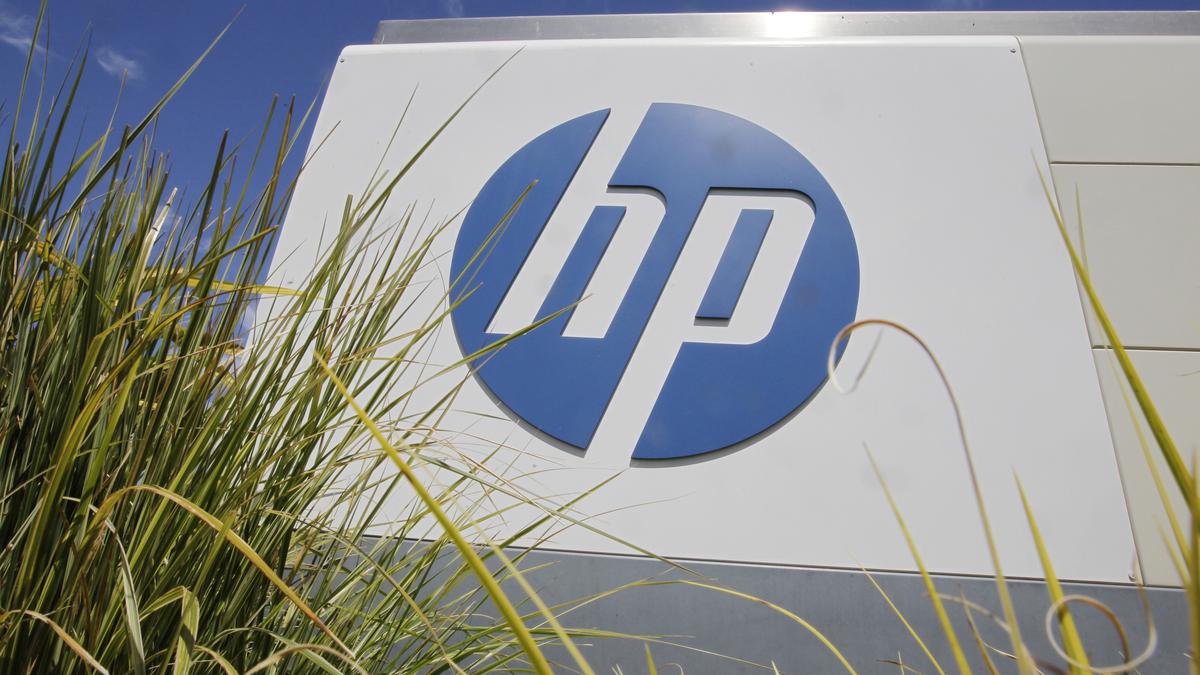n 2016, when HP split into two and was looking to sell stake in Mphasis, it was Blackstone that picked up stake. File photo
| Photo Credit: AP
Janaki Krishnan
Quick question. What is common to Manipal Hospitals, Mphasis, HDFC Credila, Suven Pharma, Eureka Forbes, Sona Comstar and Coforge? Keen corporate watchers would have spotted it – these are all Indian companies in which financial sponsors such as private equity firms have or had a controlling stake, and took on the mantle of promoter in many cases and are running the companies.
The trend of PE firms and financial investors acquiring management control, controlling stake and running companies has been gaining ground over the years and is set to intensify as traditional family-run businesses in India find themselves without successors, or need growth capital to take their organisation to the next level. Or, in some cases, the younger generation is not interested in the family business.
In sale transactions where promoters are looking for potential buyers, financial sponsors are increasingly competing with strategic players to participate in the sale process and take control of the asset. In the listed space financial sponsors have shown increased interest and are willing to take control. The numbers tell the tale. Over the last five years, investments by financial sponsors in Indian companies have doubled, on an annual basis, compared with the previous five years. Over 2019 to 2023, average annual investments by financial sponsors were $42 billion compared with $20 billion annually in the five-year block of 2014 to 2018.
Total buyouts where financial institutions took control were $55 billion in deal value in the period 2019 to 2023, which was double the value seen in the previous 15 years. Total buyouts in the period 2014-2018 were worth $18 billion and over 2009-2013 just $5 billion. “The trend of financial investors becoming promoters of listed and other companies has become a lot more evident,” said Sourav Mallik, MD & Deputy CEO of Kotak Investment Banking. He pointed out that domestic and overseas private equity firms are increasingly comfortable operating in India, managing, and controlling enterprises as well as subjecting themselves to the rules and regulations governing listed firms.
Majority ownership
The reasons for existing promoters to sell majority stake in their companies and sometimes cede control are varied and myriad.
For instance, in 2016 when printer and PC maker Hewlett Packard — split into two companies and struggling for survival — was looking to sell its stake in Indian software company Mphasis, a number of global technology companies had shown interest in it, but it was Blackstone that came in and picked up the stake. It then became a promoter in 2021 when it pumped in $2.8 billion to consolidate its holding further as it saw long-term value in the company. Mphasis shares, which were trading in the range of ₹404-622 in 2016 are currently trading close to ₹2,600, vindicating the PE’s investment thesis.
Manipal Health Enterprises’ Dr. Ranjan Pai was willing to cede a controlling stake to Temasek Holdings because he needed the growth capital to run the company and continue providing quality healthcare. In 2021, Shapoorji Pallonji Group sold off Eureka Forbes to American buyout firm Advent International as part of a deleveraging exercise and focus on its core areas.
From the financial sponsor’s perspective, it is about opportunistically deploying funds that they have raised and providing returns. “They are not really replacing the promoters in a manner of speaking, but they are cashing in on the opportunity when individual promoters are looking to divest or grow,” said Mr. Mallik.
Financial sponsors have a commitment to their shareholders and investors and their primary objective is to provide value. That is a powerful motive for them to run the businesses they have acquired efficiently and profitably.
As industries have matured and private equity firms are investing in more companies their expertise and domain knowledge has also increased. “They have a pool of professional quality management with them,” said Prateek Jhawar, MD, Investment Banking at Avendus Capital. “Perceptionally, they bring in more efficiency into the operations, because they have better governance structures, they are more aligned to the operations and profitability of the company, and they probably put the right incentives for the employees.”
They are also able to attract high quality talent to run businesses. After Advent acquired a controlling stake in Suven Pharma, it installed a new management with sector stalwarts such as Annaswamy Vaidheesh, V. Prasada Raju and Sudhir Singh, all with years of experience in leadership positions in pharma companies.
Another major point is that unlike promoter families, who have nurtured the company since inception as an idea and with certain ideals, their judgment is not clouded by emotions. Profit and creating value as their main goals allow the financial sponsors to be sometimes ruthless in their decisions.
However the flip side of this is that continuity, the feeling of belonging, being part of a grand vision are things that a promoter-driven company would have. Mr. Jhawar points out that during tough times promoters would have a back-stop and they are able to take risky decisions that may not be immediately profitable but would be beneficial to all stakeholders in the long run. The family commitment to the ethos and culture of the organisation and serving society are elements that financial sponsors would not be able to kindle. The fact, however, remains that financial sponsors, who have taken controlling stakes of companies have been able to make profitable exits – either through block deals, IPOs or through strategic sales – in the process creating value for shareholders.
For instance, KKR exited Max Healthcare in 2022 with 5x returns over a five-year period, having bought a 49.7% stake in the company at ₹80 a share and selling at ₹353 a share.
(The writer is with The Hindu businessline)
